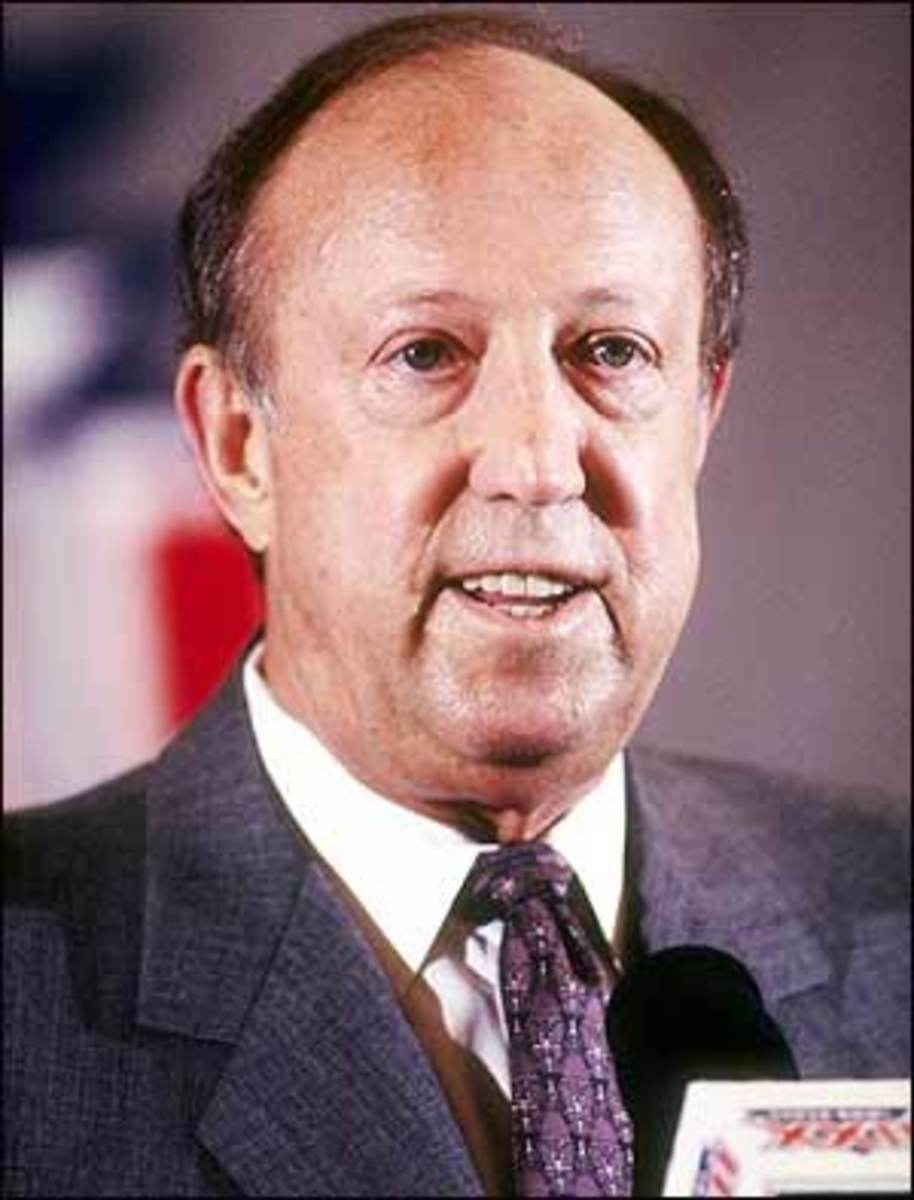
Fueling the fire
In the light of the NHL becoming the first North American sports league to lose an entire season to a labor dispute, here are the six most controversial decisions by a league commissioner.
On Friday, Nov. 22, 1963, President John F. Kennedy was assassinated in Dallas. The NFL (and the AFL) had a full slate of games scheduled for Sunday. Pete Rozelle, in just his third year as NFL commissioner, faced a dilemma: play the games ... or postpone them? Respected owners Art Modell and Dan Rooney told Rozelle that postponing the games would be the appropriate call. But Rozelle didn't listen, opting instead to go with the advice from presidential press secretary Pierre Salinger, who encouraged the games to go on because Kennedy would have wanted it that way.
Rozelle heard that Robert F. Kennedy also suggested the games should be played. So while the AFL called off its games, the NFL played on -- and Rozelle received heavy criticism. Rozelle didn't make many mistakes as NFL commissioner, but upon reflection several years later, even he knew this was a big one. "It was the most regrettable decision I ever made," he said.
Despite all its labor problems, baseball held a World Series for 90 consecutive years. That streak ended in 1994 after players went on strike with seven weeks left in the season. No progress was made in the negotiations (the players opposed a proposed salary cap), and so Bud Selig, two years after taking over as acting commissioner, canceled the rest of the season. For many fans, it was the final straw in a growing disenchantment with the national pastime.
Play resumed next April, but little goodwill remained. Fans were wary of making an emotional investment in a sport that did not seem to care about them, and Selig's reputation went from bad to worse.





